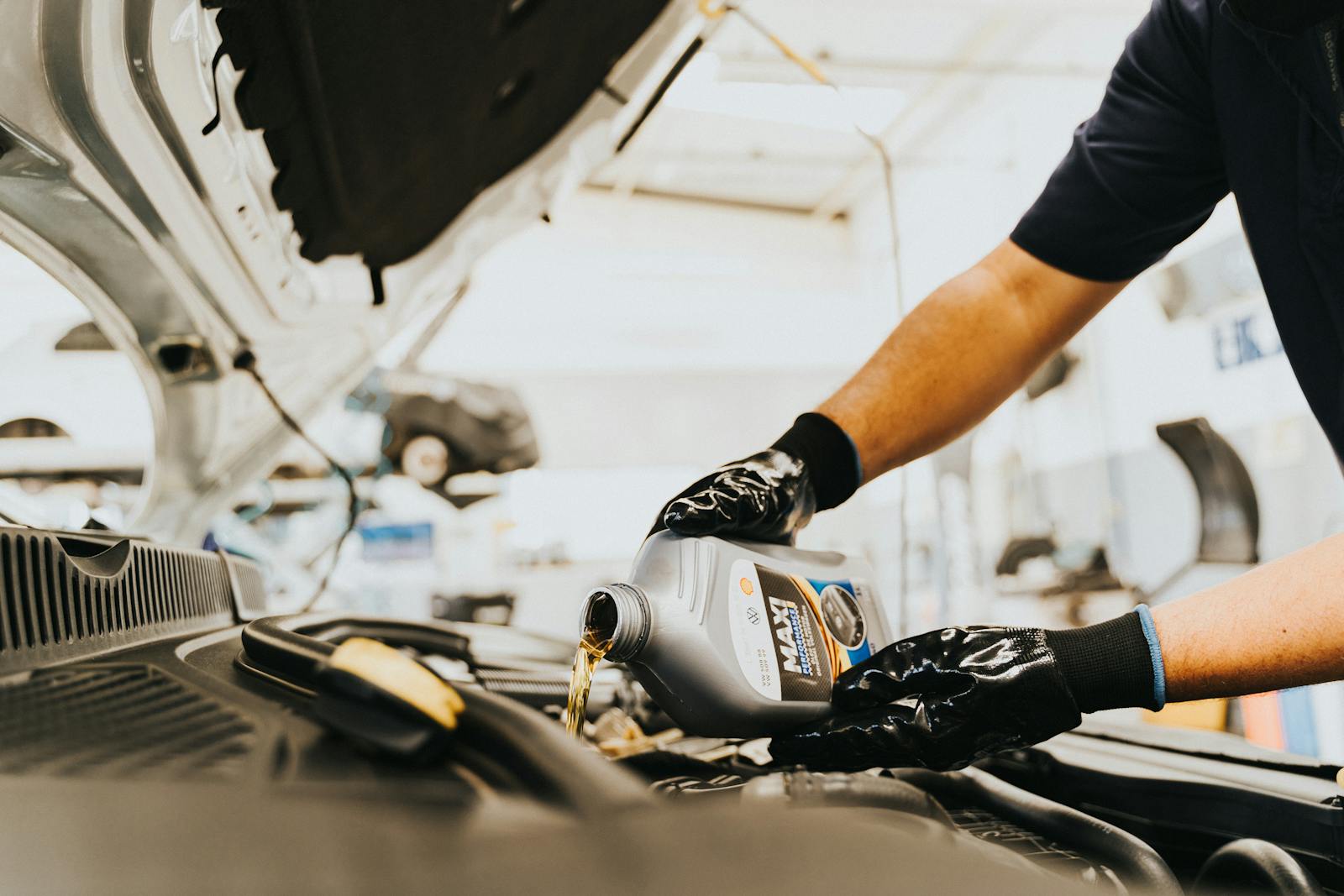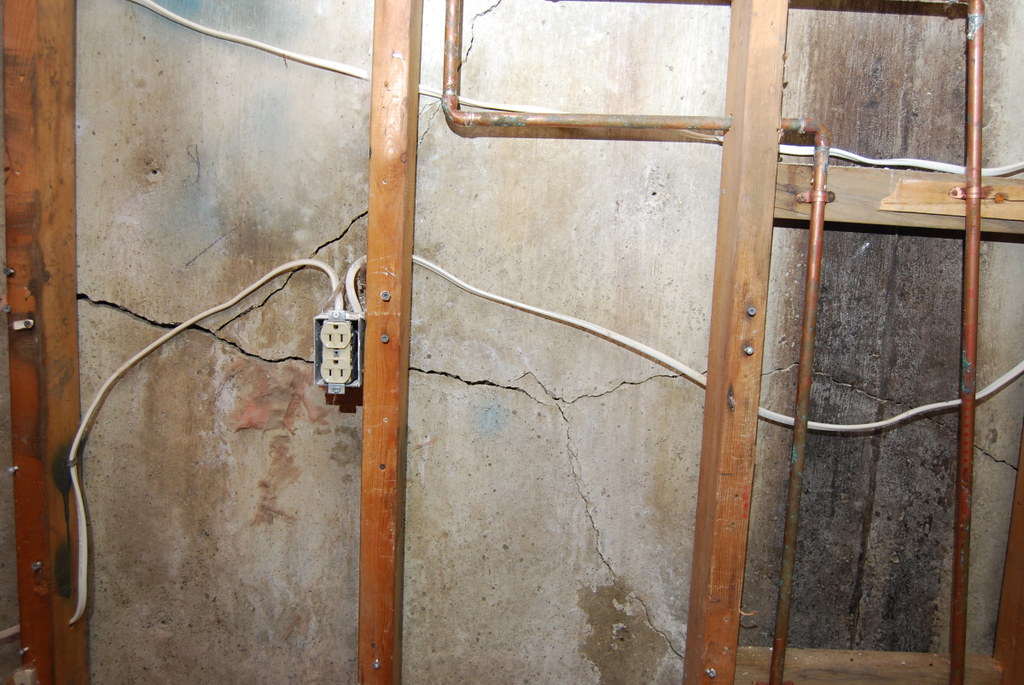
Regular Oil Changes
Changing your oil regularly is crucial for engine health. Most manufacturers recommend an oil change every 5,000 to 7,500 miles, depending on the type of oil used and driving conditions. Neglecting this can lead to engine wear and decreased performance, according to the National Highway Traffic Safety Administration (NHTSA). Keeping track of oil levels and adhering to the schedule can significantly extend your vehicle’s lifespan.
Tire Maintenance
Maintaining proper tire pressure and tread depth enhances fuel efficiency and ensures safety. Under-inflated tires can lead to uneven wear and potential blowouts. The NHTSA advises checking tire pressure monthly and rotating tires every 5,000 to 7,500 miles to promote even wear. This simple habit can prevent costly replacements and improve handling.
Brake Inspections
Regular brake inspections are vital for safety and performance. Most manufacturers suggest checking brake pads and rotors every 10,000 miles. Signs of wear include squeaking noises or a soft brake pedal. Addressing these issues promptly can prevent more extensive damage and costly repairs, keeping your vehicle safer on the road.
Fluid Checks
Fluids play a critical role in vehicle systems. Regularly checking and topping off fluids—such as coolant, transmission fluid, and brake fluid—can prevent overheating and mechanical failures. The NHTSA recommends checking these fluids every month. Keeping them at optimal levels can enhance vehicle reliability and longevity.
Air Filter Replacement
Changing your air filter is essential for optimal engine performance. A clean air filter promotes better fuel efficiency and reduces emissions. Manufacturers typically recommend replacing it every 15,000 to 30,000 miles. Neglecting this maintenance can lead to engine strain and increased fuel consumption.
Battery Care
Battery maintenance is often overlooked but crucial for reliable vehicle performance. Regularly inspecting terminals for corrosion and ensuring a secure connection can extend battery life. The NHTSA suggests testing your battery annually, especially in extreme temperatures, to prevent unexpected breakdowns.
Exterior Maintenance
Regular washing and waxing protect your vehicle’s paint and body from rust and corrosion. Road salt, dirt, and grime can damage the exterior if not addressed. Washing your car every few weeks, especially in winter, can preserve its appearance and resale value. Protecting your investment should be a priority.
Alignment and Suspension Checks
Routine alignment and suspension checks ensure optimal handling and tire wear. Misalignment can lead to uneven tire wear and affect fuel efficiency. Manufacturers recommend checking alignment every 6,000 miles or if you notice steering issues. Addressing these concerns early can save money and improve driving safety.
Routine Inspections
Conducting routine inspections can help identify potential issues before they escalate. Regularly checking belts, hoses, and lights can prevent breakdowns and ensure safety. The NHTSA emphasizes the importance of a pre-trip inspection, especially before long journeys, to reduce the risk of unexpected repairs.
Stay Proactive
Maintaining your vehicle is essential for safety, performance, and longevity. Adopting these habits can save you money and extend the life of your car. Don’t wait for problems to arise—start implementing these maintenance practices today to keep your vehicle running smoothly.



